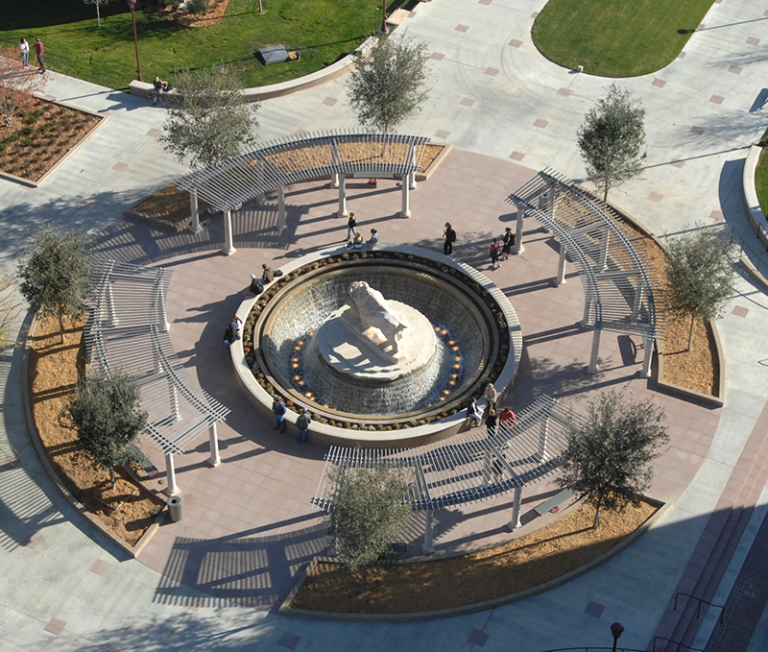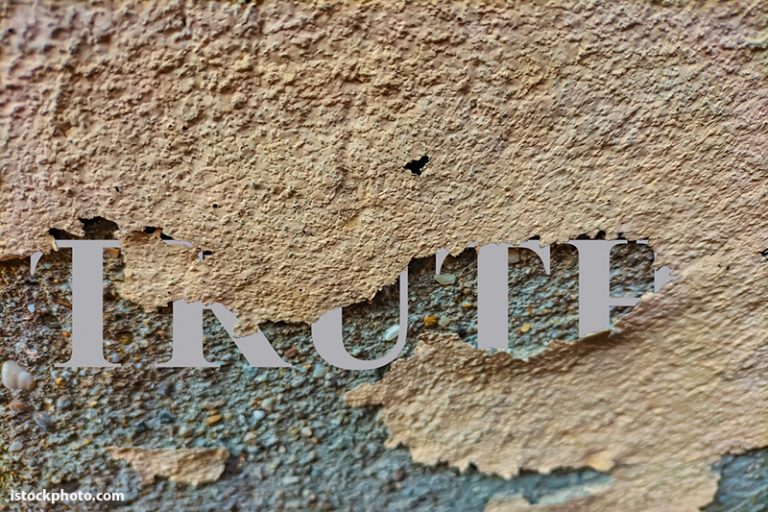I is not my intent to proselytize anyone in what follows.
I will not try to force my views of the world we live in, or the one I think I will occupy for eternity. I will not insist any current state of affairs be viewed through the lens of my experience. Rather, I would like to make an argument that the diminution of personal faith on major research university campuses has created a vacuum that can be seen in decision making that lacks acknowledgment of the moral and ethical perspectives that faith can provide.
A higher form of dishonesty in modern social organizations cannot be found.
I am not arguing for a study of faith. Universities do that. I am arguing for the personal exercise thereof.
Some scholars contend that morality and ethics can be divorced from world view. When a person makes a decision of any kind that has moral and ethical implications, they necessarily do it from a perspective which is relative to faith. There is no other way. Not my faith, not your faith, but some faith that attaches a person to the greater social order giving dimension and direction.
We strive to be sensitive when we present our views about ideas such as who we are, what we believe, why we believe it, and how our beliefs impact our day to day lives. This is appropriate.
However, when hyper-sensitivities cuts off any acknowledgment of faith, divorcing it from intellectual pursuits, the result unhealthy for all. To deny personal beliefs, even when they may be difficult to articulate on the one hand, or a challenge to accept on the other, is to deny the essence of how we think.
A Confucian, an Atheist and a Christian think differently, and their different thought patterns will impact intellectual perspectives. To deny that is to deny all of recorded history. No place should be better suited to the open sharing of faith, and its impact on thought, than a university campus. Yet we have relegated such discourse to the mistakes of history as being narrow minded, closed, discriminatory, uniformed, anti-intellectual, and generally not worthy of discussion in an intellectual, reasoned, detached, logical environment, such as a university.
None of this is to suggest that the university should take a particular posture on a particular faith, but rather university leaders should welcome such discourse at every level as a “working out” of a person’s world view as they become an educated human being. The institutional posture should be that such discourse, with all its contention and difficulty, sloppiness and potential for misrepresentation and broken understanding, is part of life, and the university is part of life, and therefore the two should not be separated.
But they are.
The idea that no perspective on faith can or should be taken by the university has devolved into the notion that no one should take such a perspective based on a faith view anywhere on a campus. This in and of itself is an exercise of faith in human wisdom and insight that is possibly misguided and wrong, but doubtlessly and with great assurance is, narrow and limited. But there is a more compelling argument from the standpoint of the modern research university.
It is illiberal.
Martin Luther says it clearly, and for the ages: “Faith is permitting ourselves to be seized by the things we do not see”. This, coupled with all of the rational evidence of one thing or another, should be part of life at our university.




